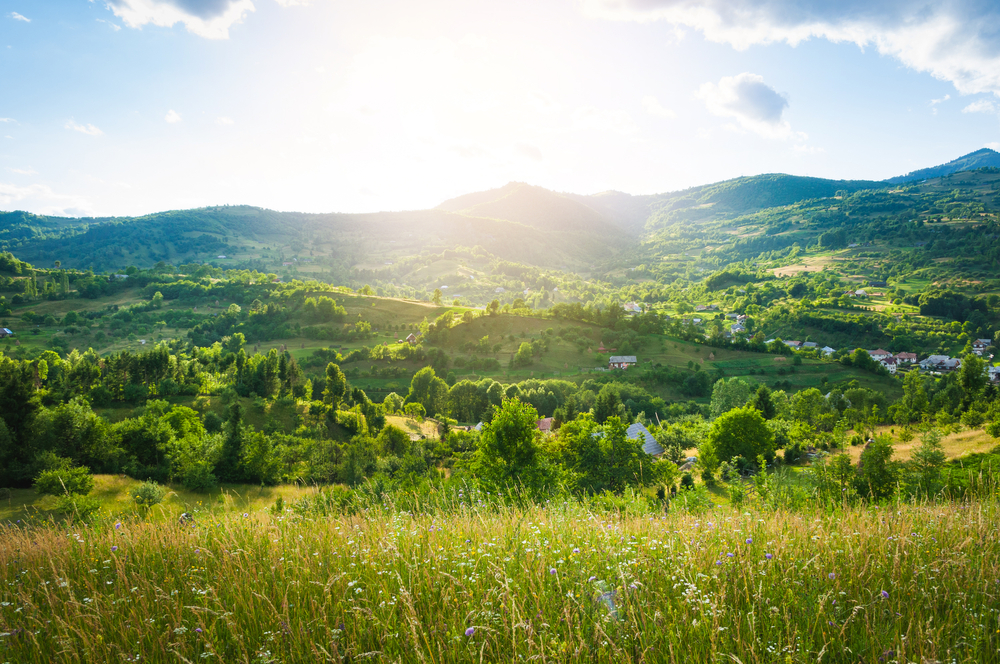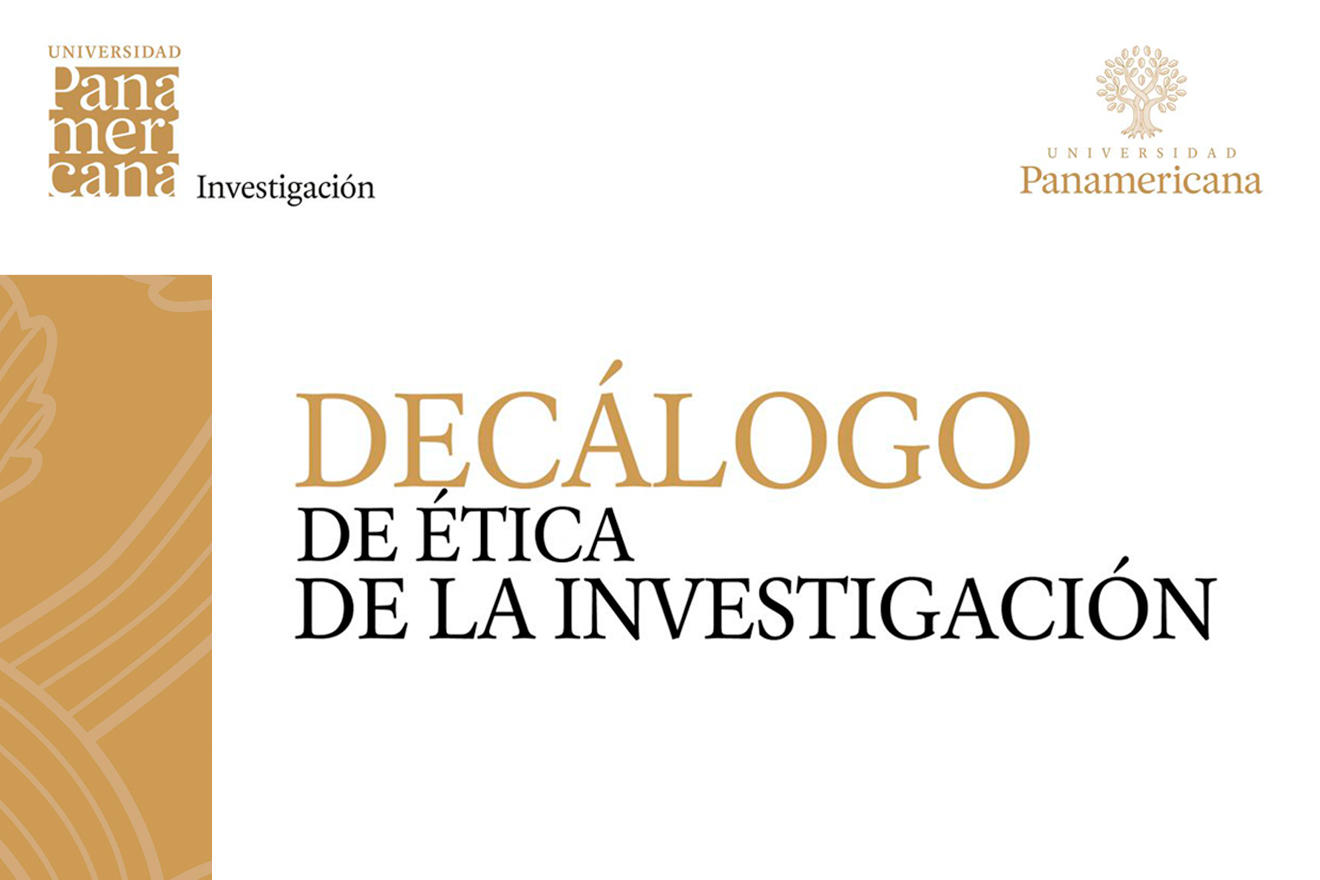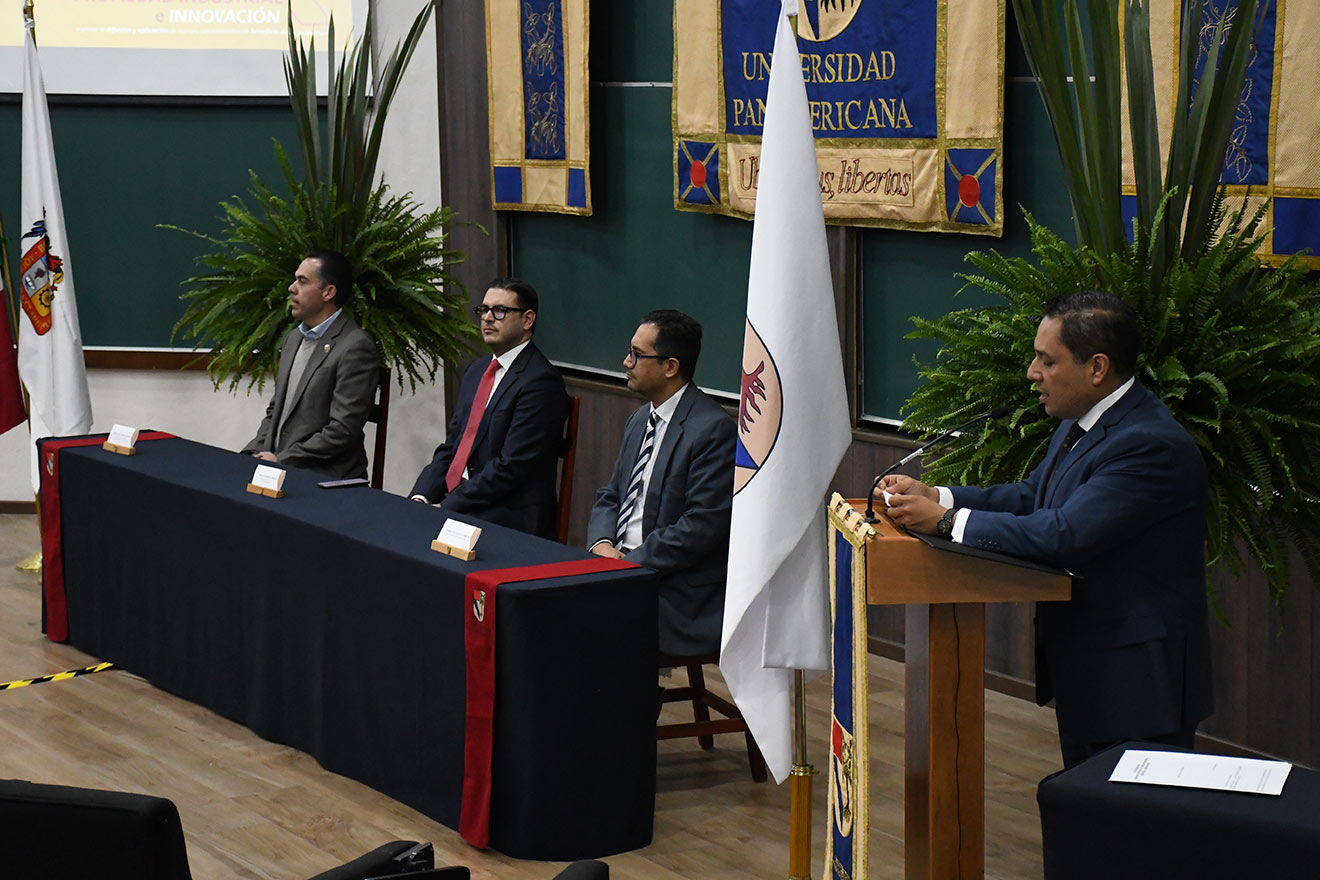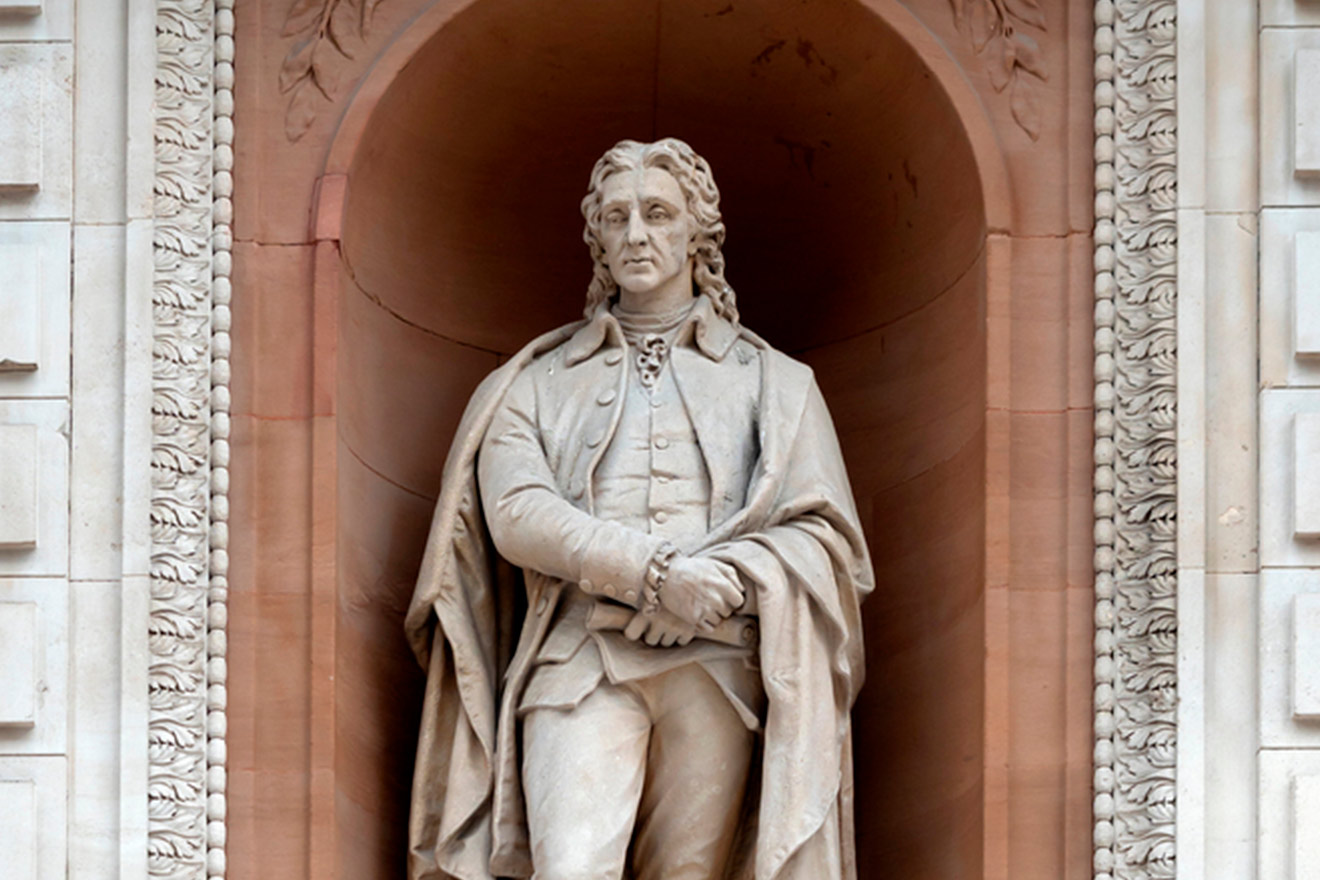The rural regions of Europe and Latin America contain biocultural heritage with abundant material and immaterial resources. Said heritage involves the integration of culture, biodiversity and specific products from a region or territory. These elements have commonly been observed and addressed separately, but they constantly interact with one another through the activities of local actors.
SUS-TER was founded to encourage greater dynamism in these regions, starting from their local actors. An initiative of research professors from Firenze University (Italy), UP professor Dr. Marisol Velázquez-Salazar collaborates. Dr. Velázquez-Salazar is Head of the Economics and Research Department within UP’s Business School.
What does SUS-TER do?
With full funding from the European Union, through its Erasmus+ program (European Region Action Scheme for the Mobility of University Students), SUS-TER promotes “Networking knowledge, skills and competences for and inclusive and sustainable territorial valorization of cultural heritage, origin products and biodiversity.”
Dr. Velázquez-Salazar explains that, when visiting a rural territory, consumers are able to observe the value of a tourist good or service not only based on its utility, but also on everything associated with it (traditions, knowledge, experiences, ecosystem), “which the market does not take into account, “ she indicates.

SUS-TER: A BIOCULTURAL HERITAGE PROJECT
This is how SUS-TER emerged; it aims to contribute to inclusive and sustainable territorial valorization of local resources, reinforcing, in particular, human capital as a determining element in the activation and operation of a virtuous circle focused on the revitalization of bioculture heritage.
The foregoing is accomplished through the development of a course given to local actors in each territory. “Several researchers from universities in Europe and Latin America were called on to develop the course, teach it, evaluate it and institutionalize it. The project lasted three years and now we continue with what we have built in each of the countries and at each university,” Dr. Velázquez-Salazar explains.
Innovative project
“The SUS-TER methodology is based on consolidating the link between participants,’’ teaching and research, and building a training course for local actors involved in the production of a variety of products from various countries to positively impact their quality of life,” Dr. Velazquez-Salazar indicates.
Likewise, she clarifies that the SUS-TER Territorial Revitalization Course aims to train up a professional profile characterized by the following four learning outcomes and corresponding skills, abilities and knowledge:
- Identify, characterize and map actors and resources in a given territory to highlight their potential and accompany local actors.
- Prepare a development strategy from a territorial approach that mobilizes and connects actors and social, cultural and natural resources in the territory, promoting inclusion and sustainability.
- Design and implement a market insertion plan that mobilizes values based on territorial biocultural heritage through the production of goods and services, innovating starting from local knowledge guided by ethical and sustainability-based criteria.
- Design and implement local systems of governance, organization, management and process evaluation for assessing cultural heritage, origin products and biodiversity, thus strengthening dialogue, connection and autonomy.

The project was divided into eight work packages with activities that were carried out in stages and in which the participation of each collaborator was defined. “We were tasked with coordinating 100% of work package number 2 and we participated in work packages 1, 3, 5, 7 and 8,” the researcher indicated.
The work packages were as follows:
- PT1. Analysis of needs, educational offering and identification of gaps
- PT2. Defining target profiles and curricular structure
- PT3. Preparation of modules and teaching materials
- PT4. Preparation of teaching staff
- PT5: Delivery of course tests
- PT6: Quality monitoring and reporting
- PT7: Dissemination and institutionalization
- PT8: Communication and disclosure
- PT9: Management and coordination
As the researcher recounted, in 2020 and 2021, two pilot courses were held with about 60 students from all participating countries. “The graduates are now actively working in their regions and revitalizing their territories locally. Likewise, the network has grown and countries such as Bolivia and Peru have been included. We are currently developing courses for each country, taking on this part of the project as our own,” she concludes.
To see a full report about this project click the following link:
https://www.suster.org/wp-content/uploads/2022/04/EXECUTIVE-V3.pdf
If this information was useful to you, we ask that you contact: mvelazquez@up.edu.mx
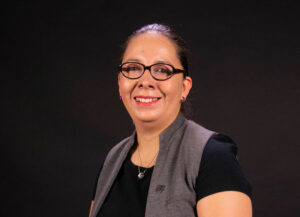
Researcher
Dr. Marisol Velázquez-Salazar
Research Professor and Head of the Economics and Research Department, Business School, Universidad Panamericana, Mexico City campus.
External collaborator in SUS-TER.
Participating organizations and institutions:
- Leader: Universidad Firenze, Italy
- Universitat de Barcelona, Spain
- Diversités & Développement, France
- Universidad Nacional, Costa Rica
- Universidad de Costa Rica, Costa Rica
- UNAM CIMSUR, Mexico
- Universidad Iberoamericana Mexico City, Mexico
- Universidad de Caldas, Colombia
- Universidad del Quindío, Colombia
- Fundació Bosch i Gimpera, Spain
- Universidad Panamericana, Mexico City, Mexico
- Comisión Nacional para el Conocimiento y Uso de la Biodiversidad (CONABIO)
- World Intellectual Property Organization (WIPO)
- United Nations Industrial Development Organization (UNIDO)
- Food and Agriculture Organization (FAO)

